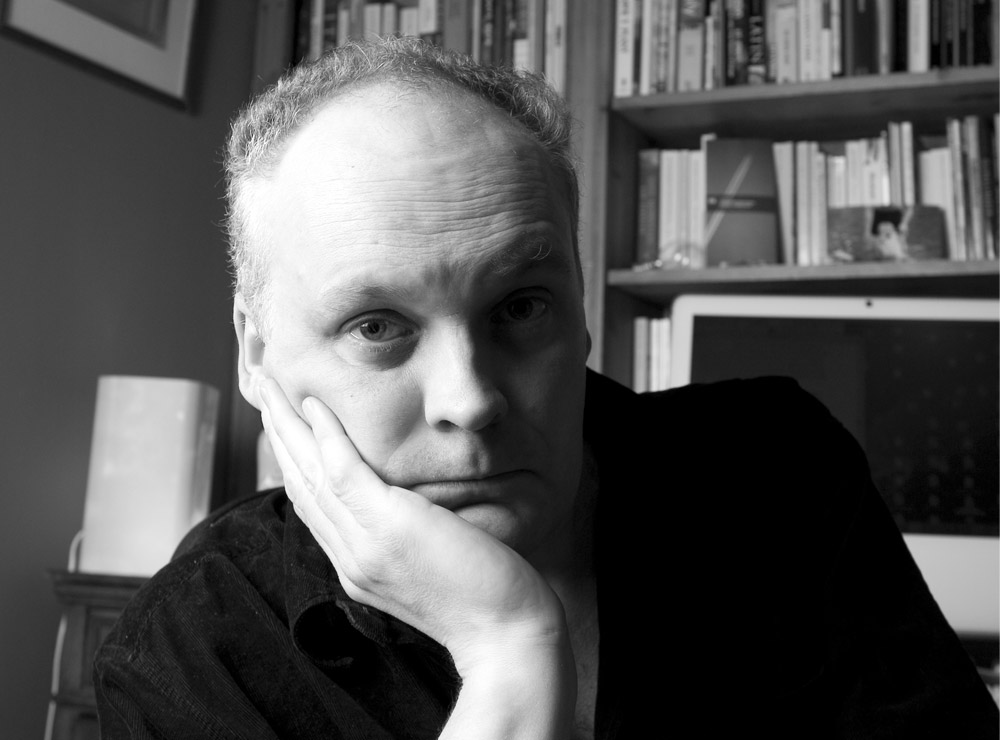Related Writers
Literature organisations
Discover more
Connections

Translation
Translation and Solidarity
Looking back at Modern Poetry in Translation #1

Commissions
The Woman Next to Me
By Kerry Hudson

Commissions
To Live Outside The Law You Must Be Honest
By Richard Beard

News
Apply for ILS Collection grants
Open call for proposals worth £2,500

